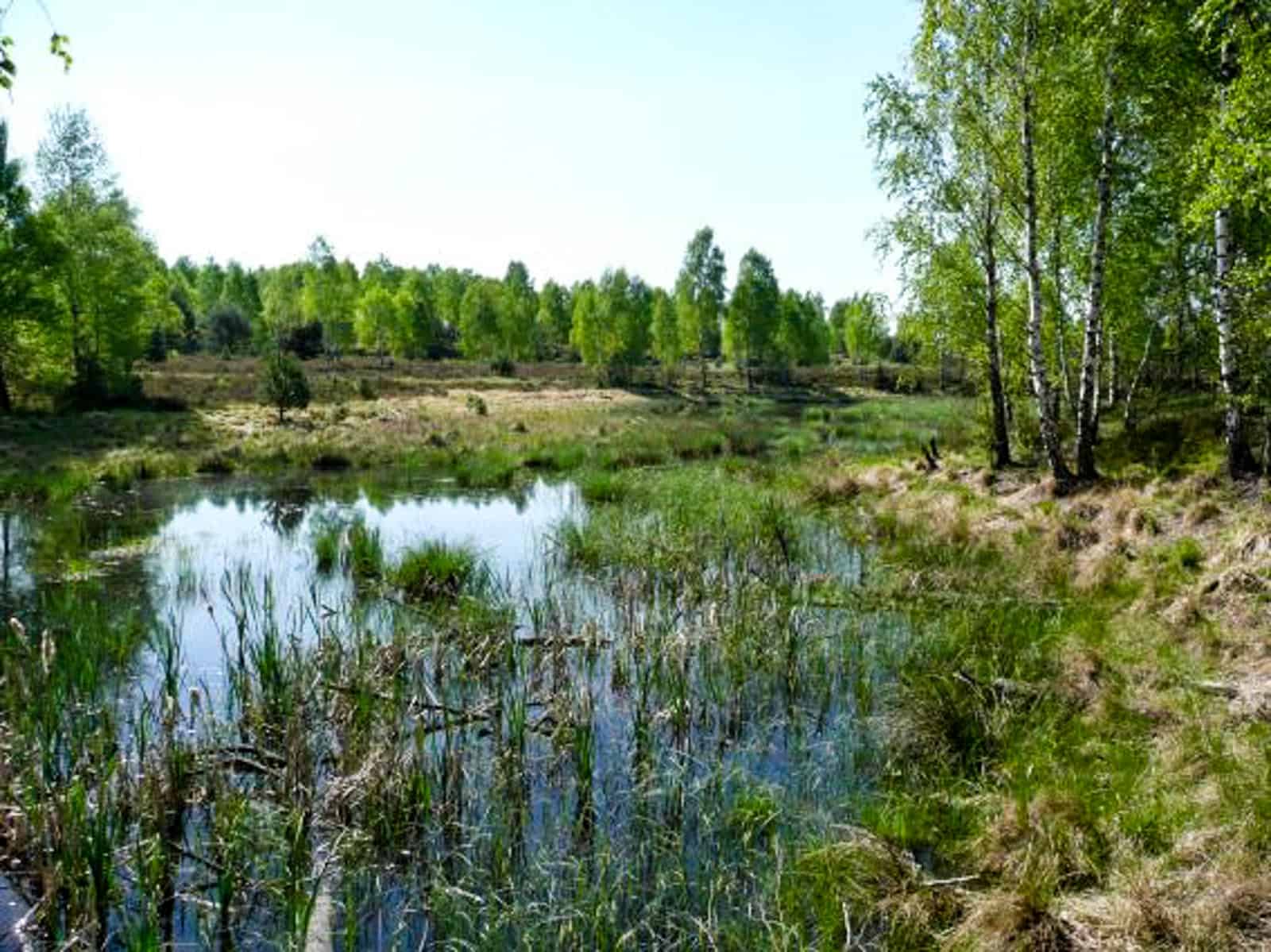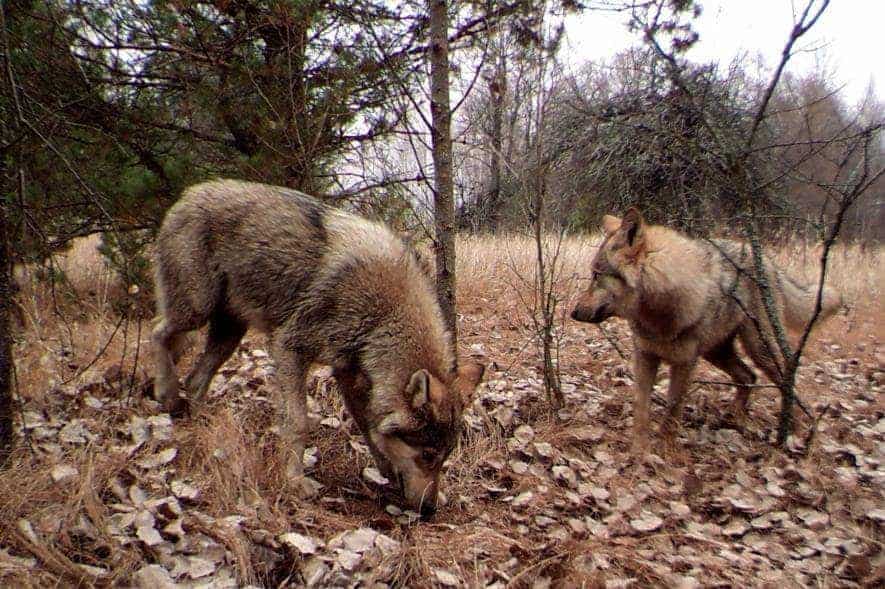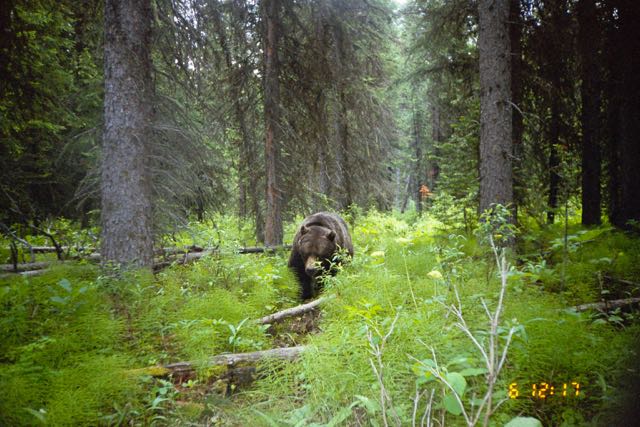Protecting forest is protecting life
The UN declared 21 March as the International Day of Forest. This global celebration of forests provides a platform to raise awareness of the importance of all types of forests with special attention to the protected Wilderness forests.
Please also read: Acting for intact primary forests
As we deliberate on the post-2015 development agenda, let us acknowledge the vital role of forests and pledge to work together to protect and sustainably manage these vital ecosystems.

Forests cover one third of the Earth’s land mass, performing vital functions around the world. Around 1.6 billion people – including more than 2,000 indigenous cultures – depend on forests for their livelihood.
Forests are the most biologically-diverse ecosystems on land, home to more than 80% of the terrestrial species of animals, plants and insects. Forests also provide shelter, jobs and security for forest-dependent communities.
They play a key role in our battle in adapting to and mitigating climate change. Forests contribute to the balance of oxygen, carbon dioxide and humidity in the air. They protect watersheds, which supply 75% of freshwater worldwide.
Yet despite all of these priceless ecological, economic, social and health benefits, we are destroying the very forests we need to survive. Global deforestation continues at an alarming rate – 13 million hectares of forest are destroyed annually. Deforestation accounts for 12 to 20 percent of the global greenhouse gas emissions that contribute to climate change.
The importance of forested Wilderness has not yet been recognised in Europe. The increasing demand for raw materials including timber puts the last great Wilderness forests into risks!

Maintaining forest ecosystems can help to increase our resilience to climate change. Protected areas (such as biosphere reserves and national parks) are considered one of the most efficient and cost-effective options for conserving forests.









I totally agree 🙂